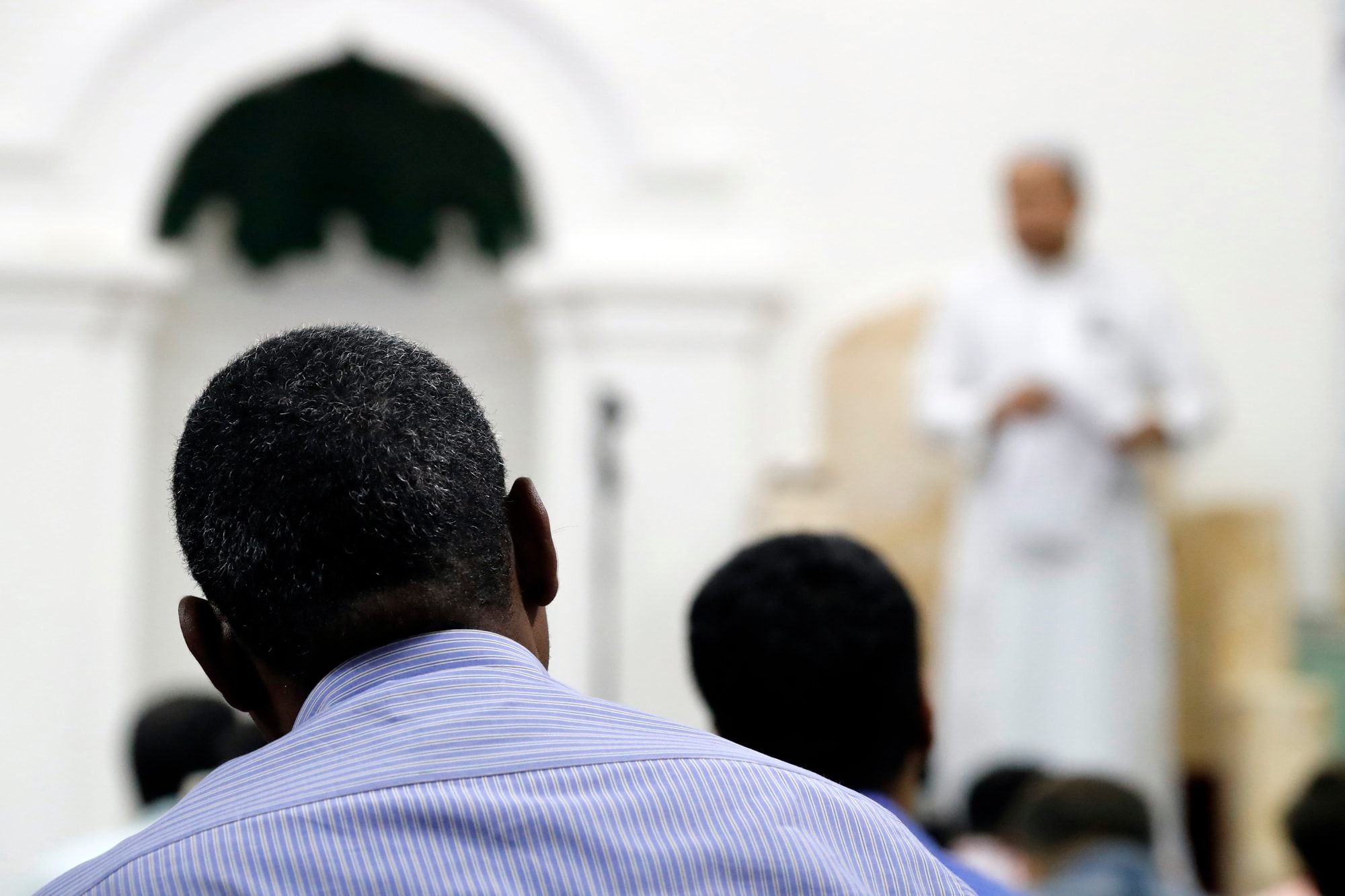
Working with Religious Leaders in Somalia to Support Birth Spacing
CCP-led social and behavior change messaging workshop suggested ways to move forward. “My perspective has changed,” said one Imam.

CCP-led social and behavior change messaging workshop suggested ways to move forward. “My perspective has changed,” said one Imam.
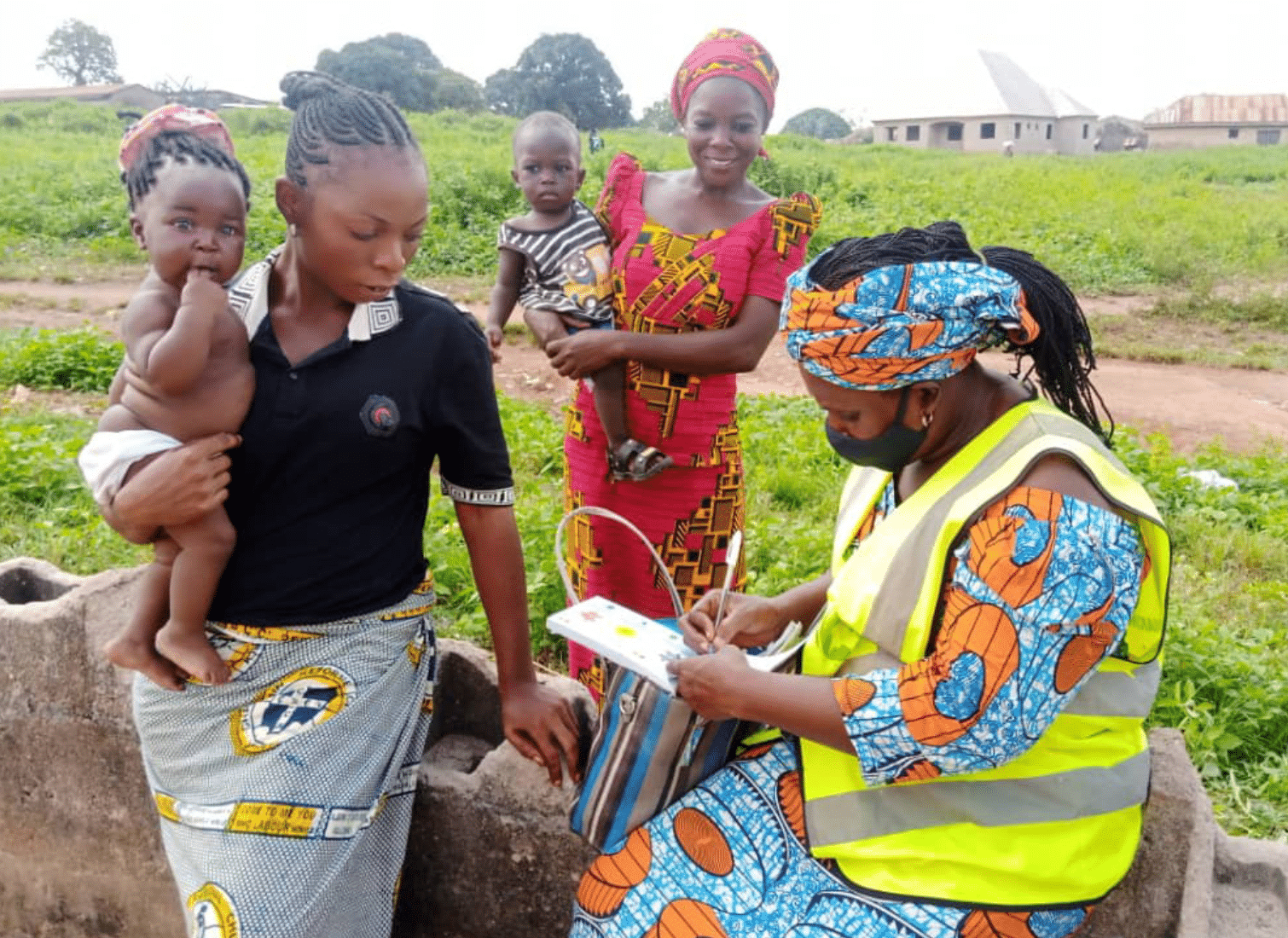
The number of women using family planning continues to rise even as states “graduate” from CCP-led program.
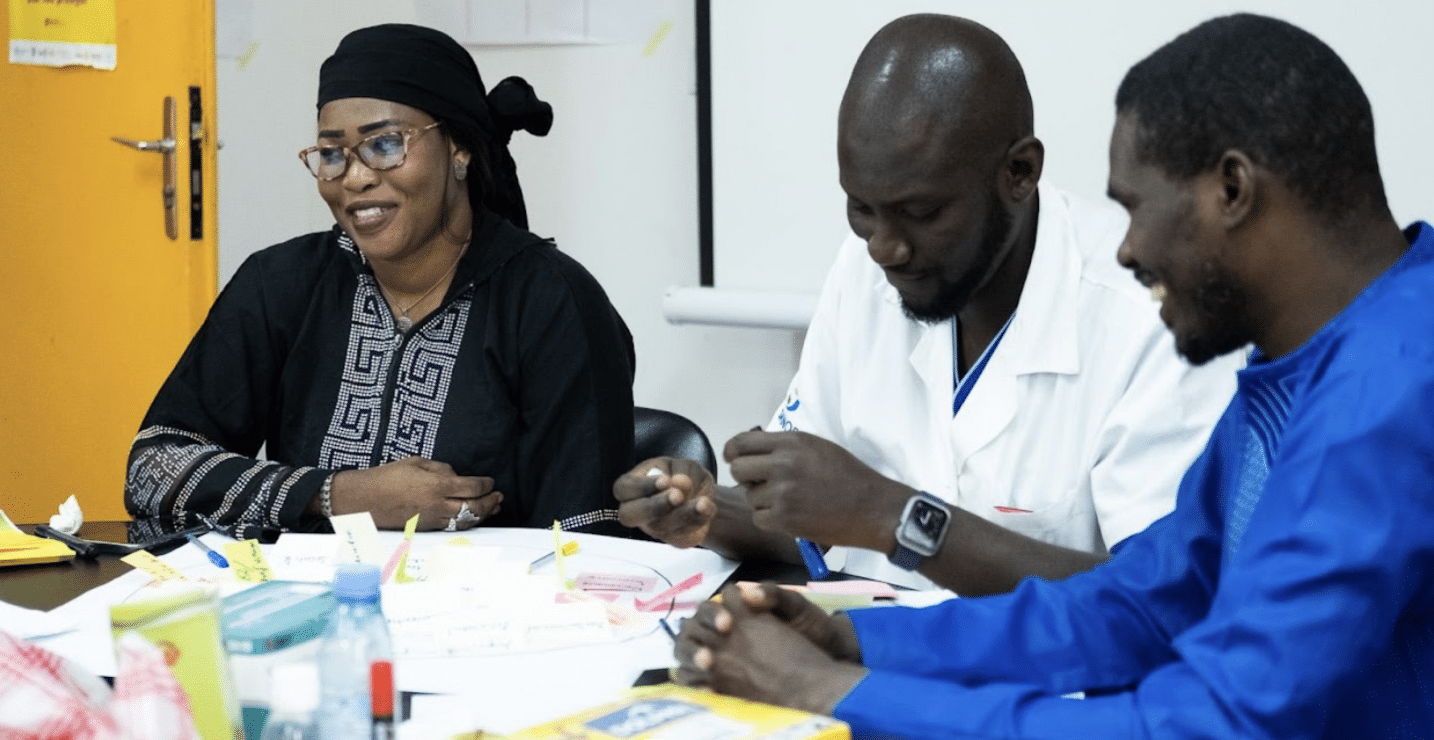
CCP’s HCD work is a successful model for developing customized solutions based on the specific needs of communities around the world.
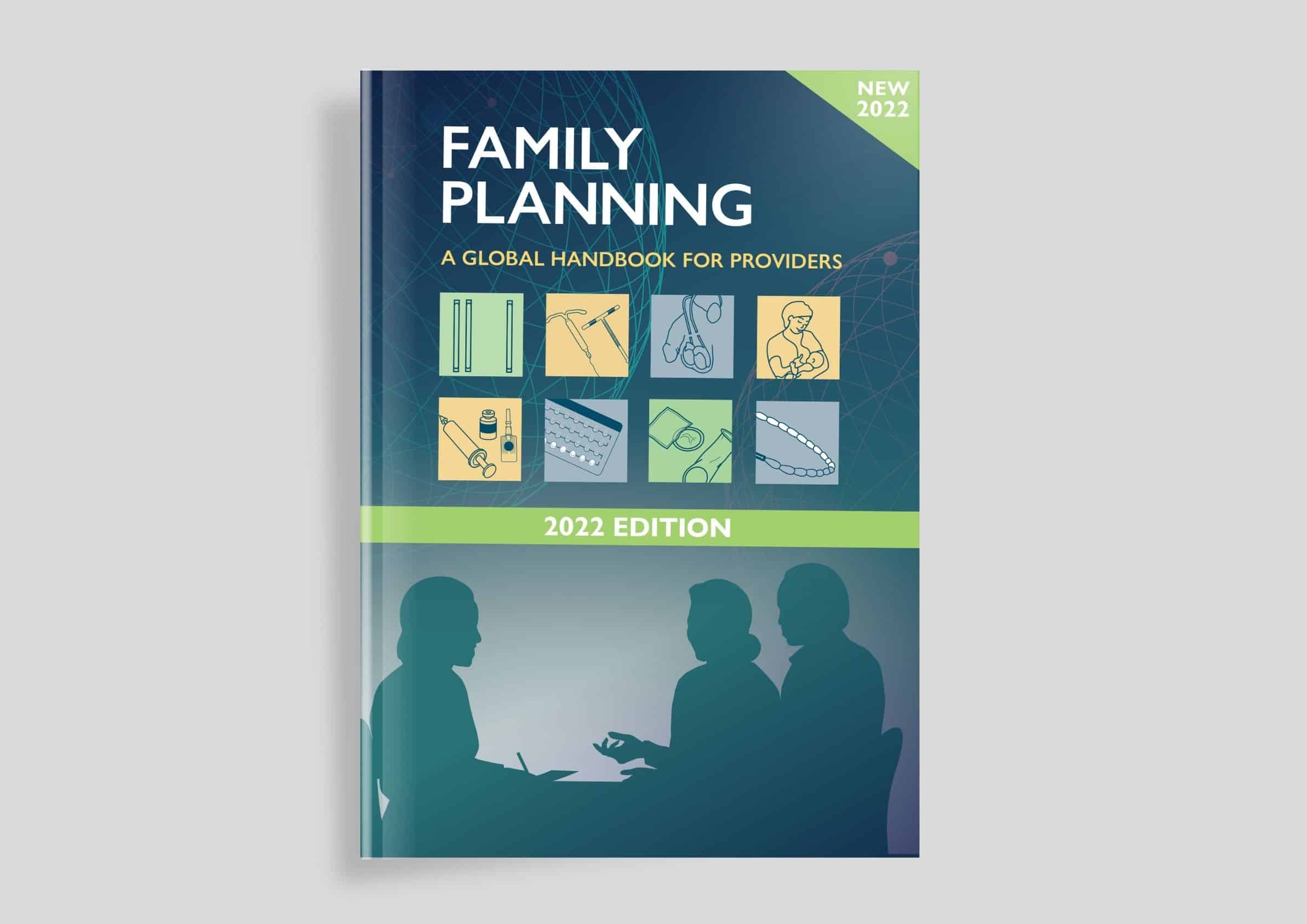
Despite the end of the Knowledge SUCCESS project, shuttered by funding cuts, its fphandbook.org will live on under the management of CCP.
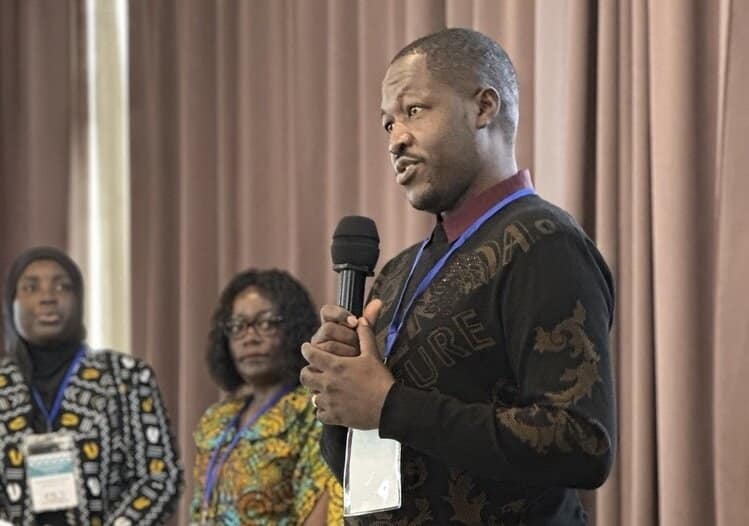
A CCP-led worksop last month set partners in the WISH2 project on a path to use social and behavior change approaches to improve outcomes.
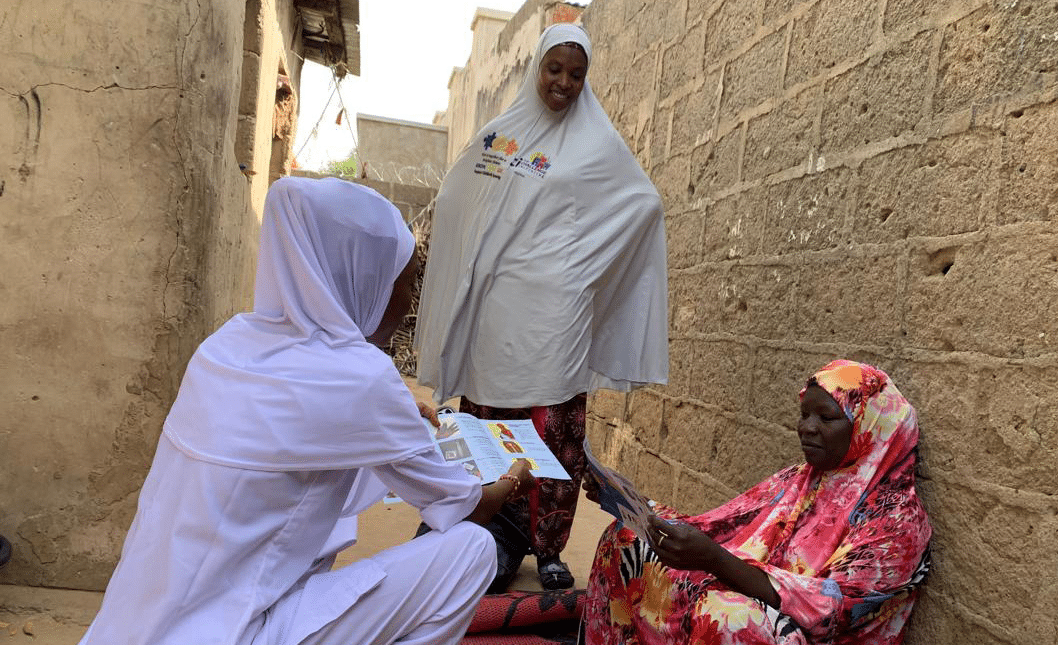
Taking social norms into account, a CCP-led program helps women in conservative northern Nigeria get the services – and privacy – they need.

CCP works with young people in Baltimore City to ensure that their health issues are addressed in a relatable way.
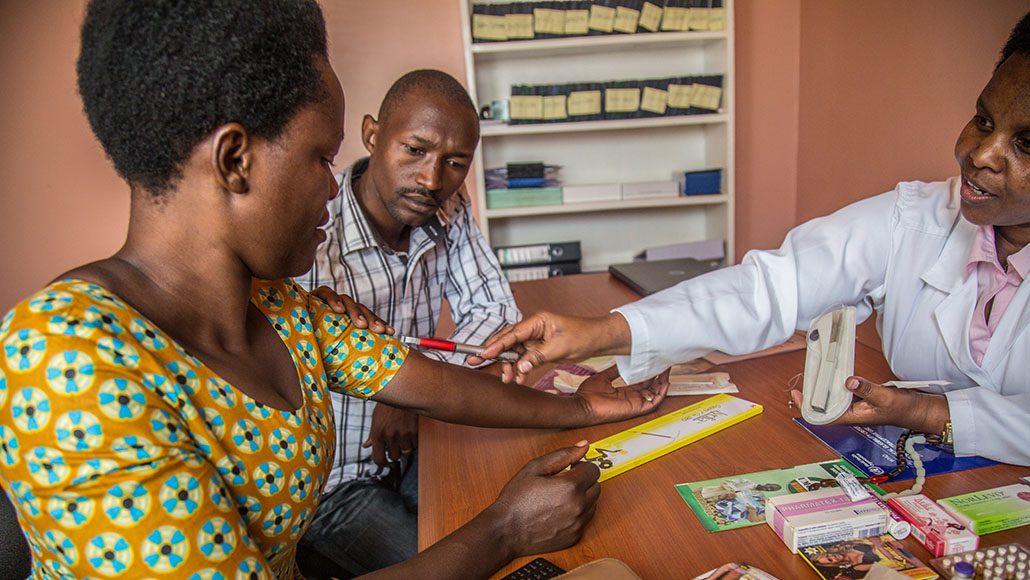
CCP’s Alison Pack will present findings this week at the 8th Global Symposium on Health Systems Research in Nagasaki, Japan.

The WISH 2 project, led by IPPF, will bring inclusive sexual and reproductive health services to hard-to-reach populations in seven nations.
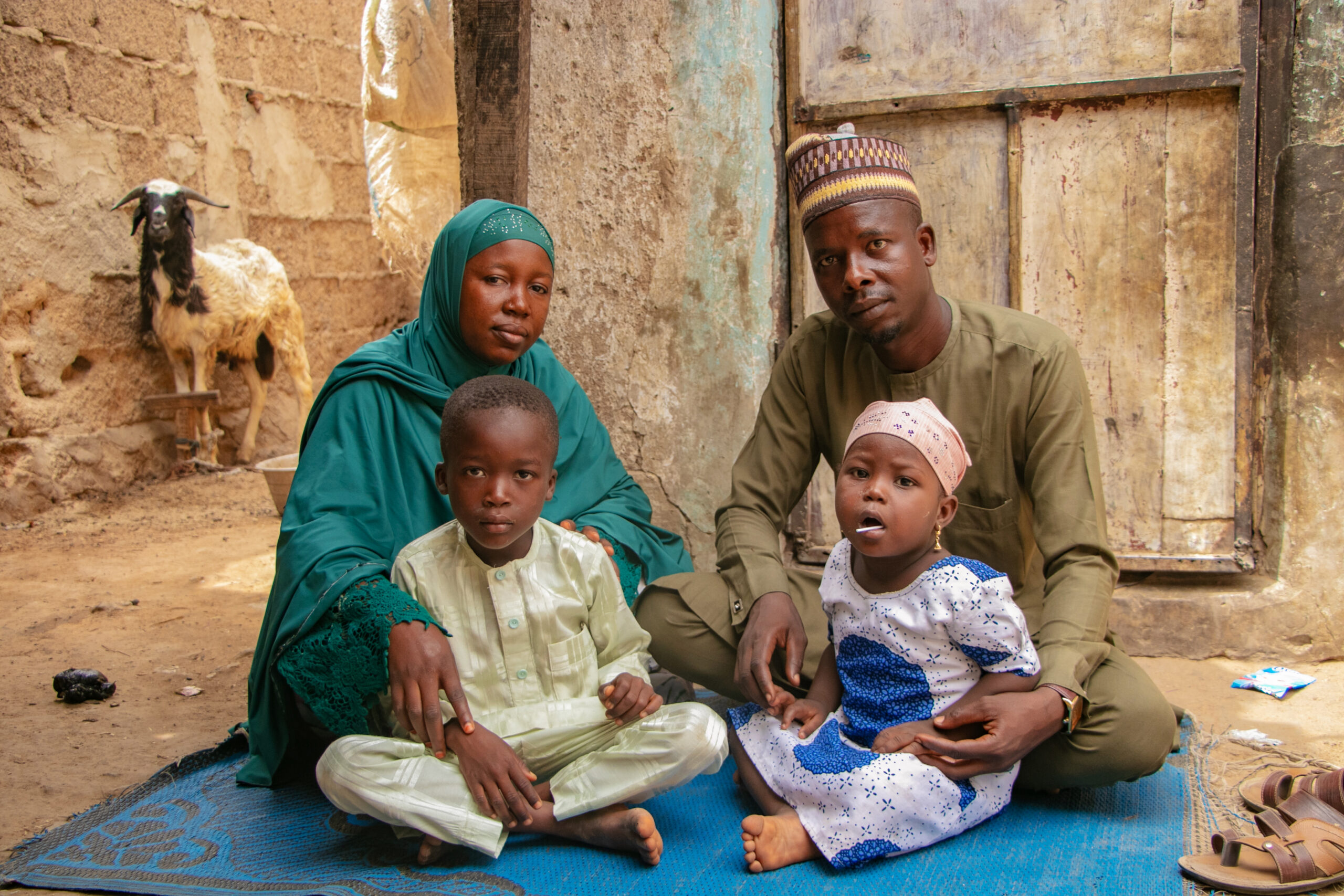
A model used in Nigeria to help pay for certain family planning expenses at the state level is sustainable and could be a blueprint for others trying to stretch reproductive health dollars.
Receive the latest news and updates, tools, events and job postings in your inbox every month